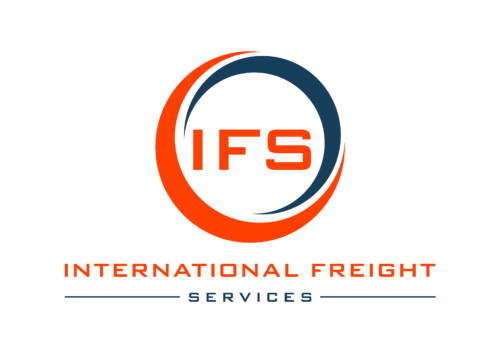- +357 99944300
- info@ifsfreightservices.com
- Limassol, Cyprus
Incoterms
Simplifying International Trade Logistics
about
Incoterms
INCOTERMS provide a short-term approach to dealing with contractual issues such as; who will bear the costs and risks associated with the delivery of the goods; where they will be delivered; who, if any, will insure them while in transit; who will pay the customs clearance, duties and taxes at the destination. They have been recognized worldwide since 1936 (last revised in 2010), and their use is recommended by major banks, the legal profession, forwarding agents, chambers of commerce and other advisory organizations.
All professional exporters are advised to use INCOTERMS 2010 in all overseas contracts and include it in all contract-related documents, such as pro forma invoices, commercial invoices, credit documentary letters, etc.
Currently, INCOTERMS 2010 consists of eleven separate Terms of Sale, each with different levels of responsibility for the seller and purchaser when transporting goods.
1.EXW – Ex Works
“Ex Works” means that when the seller places the goods at the purchaser’s disposal the seller’s premises or at another named place (i.e., factory, warehouse, etc.). The seller does not have to load the goods on any collecting vehicle or clear the goods for export where such clearance applies.
2.FCA – Free Carrier
“Free Carrier” means that the seller shall deliver the goods to the carrier or other person nominated by the buyer at the premises of the seller or other place named. The parties are advised to specify the point within the named delivery location as the possible risk passes to the purchaser at that point.
3.FAS – Free Alongside Ship
“Free Alongside Ship” means that when the goods are placed next to the vessel (e.g. on a quay or barge) nominated by the buyer at the named port of shipment, the seller shall deliver them. When the goods are next to the ship, the risk of loss or damage to the goods passes, and from that moment on the buyer bears all costs.
4.FOB – Free On Board
“Free on board” means that the seller delivers the goods on board the vessel nominated by the buyer at the port of shipment or procures the goods have already been delivered. Τhe risk of loss or damage to the goods passes when the goods are on board the vessel, and from that moment on the buyer bears all costs.
5.CFR – Cost and Freight
“Cost and Freight” means the seller will deliver the goods on board the vessel or procure the goods that have already been delivered. When the goods are on board the vessel, the risk of loss or damage to the goods passes. The seller shall contract and pay the costs and freight necessary to bring the goods to the destination port.
6.CIF – Cost, Insurance and Freight
“Cost, Insurance and Freight” means the seller will deliver the goods on board the vessel or will procure the goods that have already been delivered. The risk of loss or damage to the goods passes when the goods are on board the vessel. The seller has to contract and pay the necessary costs and freight to bring the goods to the destination port. Also, the seller contracts insurance cover against the risk of loss or damage to the goods during the carriage by the buyer. The buyer should note that CIF requires the seller to obtain insurance on a minimum coverage only. If the buyer wishes to have more insurance coverage, he need either to agree as much expressly with the seller or to make his own extra insurance arrangements.”
7.CPT – Carriage Paid To
‘ Carriage Paid To ‘ means that the seller shall deliver the goods to the carrier or other person nominated by the seller at an agreed location (if any such location is agreed between the parties) and that the seller shall contract and pay the transport costs necessary to bring the goods to the named place of destination.
8.CIP – Carriage and Insurance Paid To
‘ Carriage Paid To ‘ means that the seller shall deliver the goods to the carrier or other person nominated by the seller at an agreed location (if any such location is agreed between the parties) and that the seller shall contract and pay the transport costs necessary to bring the goods to the named place of destination.
9. DAT – Delivered At Terminal
“Delivered at Terminal” means that the seller delivers when the goods, once unloaded from the arriving means of transport, are placed at the disposal of the buyer at a named terminal at the named port or place of destination. “Terminal” includes a place, whether covered or not, such as a quay, warehouse, container yard or road, rail or air cargo terminal. The seller bears all risks associated with bringing the goods to and unloading them at the terminal at the port or destination named.
10. DAP Delivered At Place
“Delivered at Place” means that the seller shall deliver when the goods are placed at the purchaser’s disposal on the arriving means of transport ready to be unloaded at the named destination place. The seller bears all the risks associated with bringing the goods to the place named.
11. DDP – Delivered Duty Paid
“Delivered Duty Paid” means that the seller shall deliver the goods when they are placed at the purchaser’s disposal cleared for importation on the arrival means of transport ready to be unloaded at the named destination. The seller bears all the costs and risks involved in bringing the goods to the destination and has an obligation to clear the goods not only for export but also for import, to pay any duties for export and import as well as to perform all customs formalities.
